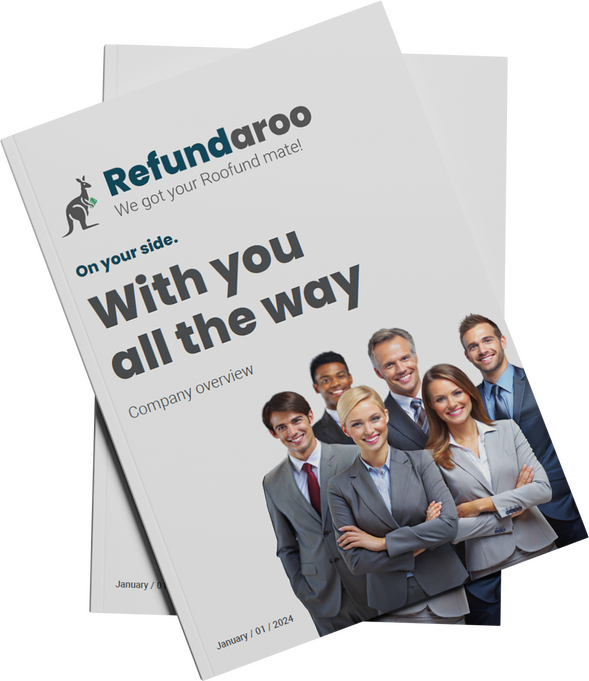In 1971, President Richard Nixon’s decision to let the US dollar float freely against other currencies marked the birth of the modern forex market. Investors quickly realized the potential for profit through currency fluctuations by buying low and selling high.
Two recent developments have further propelled forex into the spotlight. First, the internet has made forex trading accessible, quick, and convenient. Second, globalization has opened up new markets and opportunities.
Whether you’re a government treasury, financial institution, billionaire speculator, or individual trader, the basics of forex remain the same. It’s about the exchange of currency between parties at an agreed price.
Making money in forex is straightforward: Buy low, sell high.
While there are more complex aspects like spot markets, forward markets, and options markets, the fundamental principles remain consistent.
Forex regulation’s vital role:
Before diving into forex, it’s crucial to check your national financial regulator’s website. Even seasoned traders should do so regularly. Regulators are your go-to source for information on scams and practical advice to stay secure.
Scams are on the rise, emphasizing the importance of regulatory oversight in protecting investors. Regulators maintain a register of authorized firms and issue warnings about dubious companies.
Understanding core forex regulatory bodies:
According to recent statistics from the Bank of International Settlements, the UK accounts for a substantial 43% of the global forex market, followed by the USA (16.5%), Singapore (7.7%), and Hong Kong (7.6%).
The dollar dominates currency pairings, followed by the Euro, Yen, and Pound. Let’s delve into the regulatory bodies governing forex in these jurisdictions:
UK: Financial Conduct Authority (FCA)
USA: The National Futures Association (NFA) and Commodity Futures Trading Commission (CFTC)
Singapore: Monetary Authority of Singapore (MAS)
Hong Kong: Hong Kong Securities And Futures Commission (HKSFC)
EU: Markets in Financial Instruments Directive (MiFID)
Japan: Financial Services Agency (FSA)
It’s imperative to only engage with companies registered with the relevant regulatory bodies in these countries.
The critical need to avoid unregulated forex brokers:
Some forex scammers exploit investors by registering in lightly-regulated countries or falsely claiming overseas registration. Tactics include Ponzi schemes, promises of guaranteed profits, cloned websites, and fake endorsements.
Despite awareness, people still fall victim to scams every year. A recent case in the US involving Black Diamond Forex exemplifies this.
Seeking redress against unregulated forex brokers:
If you’ve been scammed by an unregulated forex broker, you may feel helpless. However, specialized fund recovery services offer a potential lifeline. Companies like Refundaroo employ experienced financial and legal experts to help victims retrieve their funds from unregulated brokers.
In conclusion, understanding forex regulations is paramount for safeguarding your investments in the global market.


